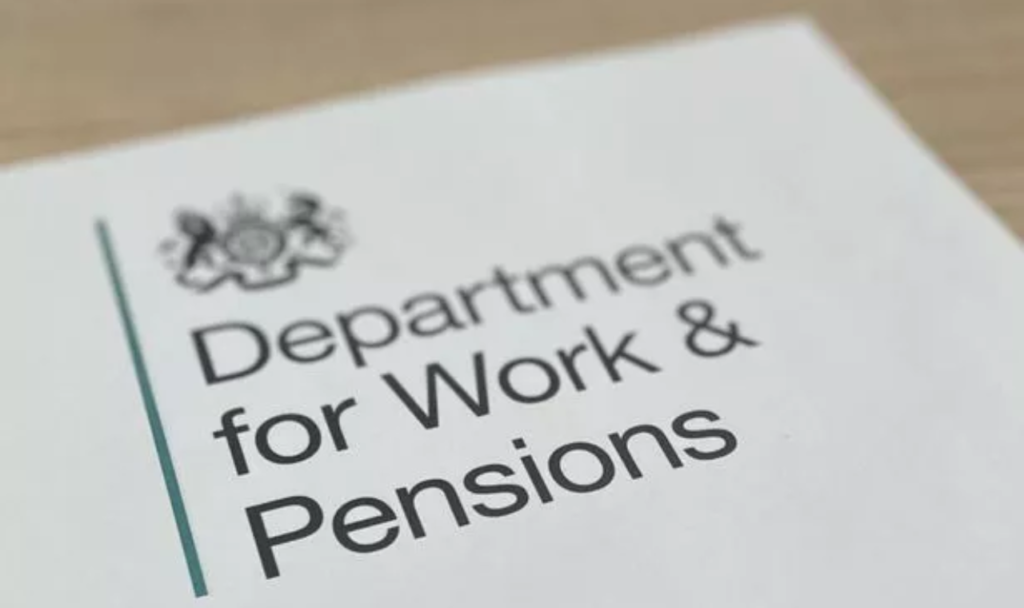The UK government has confirmed that eligible pensioners could receive up to £108.55 per week starting March 2025 under the Attendance Allowance scheme, administered by the Department for Work and Pensions (DWP). This benefit is designed to support older individuals who require additional help due to long-term health conditions or disabilities.
With 57 qualifying conditions listed by the DWP, many pensioners may find themselves eligible for this financial aid. But who qualifies, how can you apply, and what should you know about the scheme? Here’s everything you need to know.
What is Attendance Allowance?
Attendance Allowance is a non-means-tested benefit, meaning your income and savings do not affect your eligibility. It is specifically available to individuals over the State Pension age (currently 66 in 2025) who need help due to an illness or disability.
The allowance is paid tax-free and is intended to help with the extra costs of care and daily living. However, receiving Attendance Allowance does not automatically mean you will get a carer, but it can make it easier to afford one.
How Much Can You Receive?
The DWP has set two rates for Attendance Allowance in 2025:
- Higher Rate: £108.55 per week (for those needing help both day and night)
- Lower Rate: £72.65 per week (for those needing help only during the day or only at night)
These payments are made every four weeks directly into your bank or building society account, providing vital financial relief for many pensioners struggling with health-related costs.
Eligibility Criteria: Who Can Apply?
To qualify for Attendance Allowance, applicants must meet specific criteria:
- Age Requirement: You must be at or above the State Pension age (currently 66).
- Health Condition: You must have a disability or health condition that affects your daily living activities.
- Care Needs: You must require help for at least six months (except for terminal illness cases).
The type of assistance required can include help with personal care, such as:
- Washing and dressing
- Using the toilet
- Eating meals
- Moving around indoors
- Taking medication
Note: You do not need to have a carer to qualify your need for care is what matters.

The 57 Qualifying Conditions
The DWP has listed 57 health conditions that may qualify for Attendance Allowance. Some of the most common conditions include:
- Arthritis
- Dementia and Alzheimer’s Disease
- Parkinson’s Disease
- Multiple Sclerosis (MS)
- Heart Disease
- Stroke
- Diabetes-related complications
- Severe Mental Health Conditions
A full list of conditions can be found on the official DWP website (gov.uk). However, even if your condition is not explicitly listed, you may still qualify based on your care needs.
How to Apply for Attendance Allowance
Applying for Attendance Allowance is straightforward, but it requires detailed information about your condition and care needs. Here’s how to apply:
- Download the Attendance Allowance claim form from the official UK government website:
Apply for Attendance Allowance - Complete the form with as much detail as possible about your condition.
- Provide medical evidence, such as doctor’s notes or hospital records, to support your claim.
- Send the completed form to the DWP by post (address provided on the form).
The DWP will review your application and may contact you for further information. Decisions can take several weeks, so applying early is recommended.
What If Your Application is Rejected?
If your claim is denied, you can:
- Request a mandatory reconsideration (ask the DWP to review your case).
- Appeal the decision if it is still rejected after reconsideration.
- Seek help from charities like Age UK or Citizens Advice.
How Attendance Allowance Affects Other Benefits
Attendance Allowance does not affect your State Pension, but it can increase your entitlement to:
- Pension Credit
- Housing Benefit
- Council Tax Reduction
If you receive Attendance Allowance, your carer may also qualify for Carer’s Allowance (£81.90 per week).
Upcoming Changes to Disability Benefits in 2025
The UK government has announced major reforms to disability benefits, including:
- Tighter assessments for Personal Independence Payment (PIP).
- Stricter eligibility checks for Universal Credit.
However, Attendance Allowance is not affected by these changes, so pensioners can still apply without concern.
Conclusion
If you or a loved one struggles with daily activities due to a long-term health condition, Attendance Allowance can provide essential financial support. With a higher rate of £108.55 per week, this benefit can help cover the costs of care and improve your quality of life.

Pankaj Kumar is a journalist at Chandigarh X, covering admit cards, recruitment, and government schemes. His articles provide readers with detailed insights into application processes, eligibility, and exam updates.
Outside of work, Pankaj enjoys traveling, fitness, and cricket, often participating in local matches on weekends.



